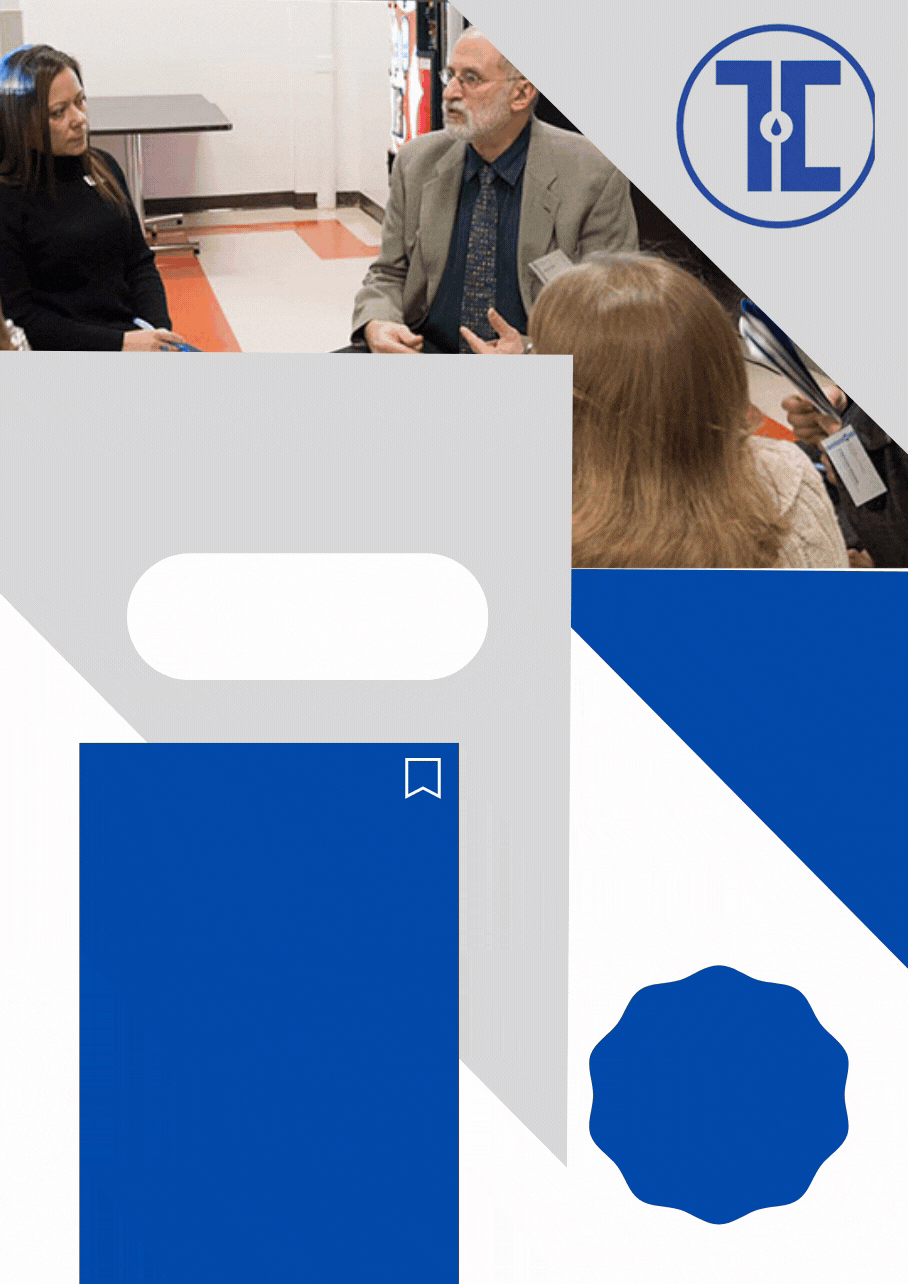
What Does a Corporate Trainer Do?
Touro Graduate School of Technology/Instructional Technology alumna Sherisse Brown talks about her role as a corporate trainer in the EdTech world, and shares the five essential skills a corporate trainer should have. By Elizabeth Nelson
If you’ve ever sent an email, checked your account balance on a mobile banking app, or downloaded a photo onto your smartphone, then you’ve used cloud computing technology — or “the cloud,” as it’s often called.
As the education and outreach coordinator at a medical library, Sherisse Brown occasionally found herself with the chance to provide instruction to various groups of people. “My job had many different aspects. I was not primarily focused on training, but when I had the opportunity to lead a training, I definitely enjoyed it,” she explained recently. “That’s what motivated me to go back to school —and I chose Touro Graduate School of Technology because they had a program that focused on corporate training.”
Touro GST’s Master of Science in Instructional Technology degree prepares graduates to pursue a number of exciting and lucrative careers, including a career as a corporate trainer. But what exactly does a corporate trainer do—and what skills are needed to excel in this role? We talked to Brown, now a corporate trainer and learning specialist at Weill Cornell Medicine, about what it takes to become a corporate trainer, the difference between a corporate trainer and a corporate designer, and why she chose Touro to take her to the next stage of her career.
TechSpec: For someone who is unfamiliar with the job, can you give a brief overview of what a corporate trainer does?
Sherisse Brown:
Simply put, a corporate trainer is responsible for providing specific training to all employees in an organization to increase their productivity, which includes their skills and knowledge. Corporate trainers work with other managers to find where there is a skill gap, and figure out where they can provide training to fill those gaps.
TS: Can you explain what the difference is between a corporate trainer and a corporate designer?
SB: First off, as a corporate trainer you need to have excellent communication and presentation skills. That’s vital. Good time management is another important one. You also need to be proficient in Microsoft Office, especially PowerPoint. And these days, I would add that you need strong video production skills, because with what’s going on in the world, with the pandemic, you have to do more virtual training. I’m doing remote trainings through Zoom, and having strong video editing skills is really important, whether it’s Camtasia or another type of software.
In general, I’d say you need to be able to stay on track with trends and technology, and be able to carry those skills over when you’re actually doing a presentation. Beyond that, it’s important to have a good grasp of adult learning theories and practices—understanding the different ways that adults learn, and some of the principles related to that. You need to be able to provide training that is engaging and motivational, and you need to be able to assess how things went in evaluations after the training.
TS: How did you decide to become a corporate trainer, and how did you discover the Instructional Technology program at Touro GST?
SB: I worked in a library for many years, moving into different roles every four or five years, working in many different departments and learning many different aspects of the business, and I knew I wanted to move more into the corporate field. As a corporate trainer, an advanced degree is definitely preferred, so I decided to invest in going back to school to receive my Master’s degree.
To make a long story short, what drew me to Touro is that they were offering a free class on photography, I attended the class, I enjoyed it, and afterward the Dean of the Graduate School of Technology, Dr. Issac Herskowitz, came in with some other faculty to talk about their programs. I stayed behind and got to hear more about the corporate trainer program, and it seemed like a perfect fit for me. Everyone was so warm and friendly, and answered all my questions—and on top of that, the cost was reasonable. Also, the classes were a hybrid of online and in-person, which appealed to me because I was working full-time and I was concerned about how I was going to take on the responsibility of completing a Master’s degree while continuing to work.
Basically, the faculty provided excellent instruction in every class that I took, and that played a key role in where I am today. The corporate trainer track at Touro gave me so many options, so when I graduated, I could look for jobs not only as a corporate trainer, but as a developer, or an instructional designer—there’s a lot of overlap in those fields, and I felt I could do so many different things with my degree. That's why I definitely recommend the program at Touro GST, because it offers so many possibilities. For me, because of my background working in a college and the skills that I had, everything just kind of fell into place, and I realized my ultimate goal of becoming a corporate trainer.
Now, I’m officially part of the Alumni Mentor Program at Touro, and two or three times a year, I’m a guest speaker at Professor Marty Hersowitz’s class, Effective Oral and Written Communication for Managers.
Find out how Touro Graduate School of Technology can help you realize your career goals.Click here for more information about their corporate design and other programs, now enrolling for the fall semester!
Want to learn more? Join an online professional development workshop or online information session about the master’s programs. Click HERE to see our upcoming events and sign up.













